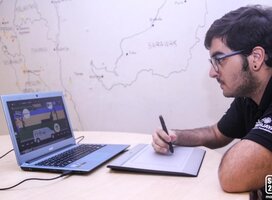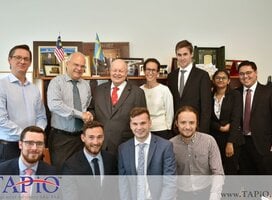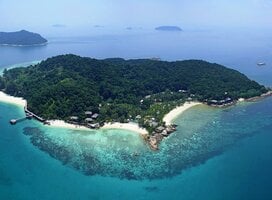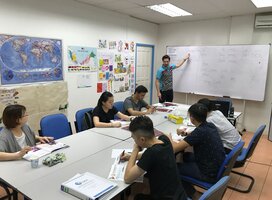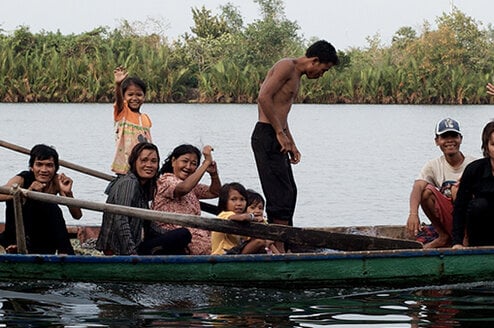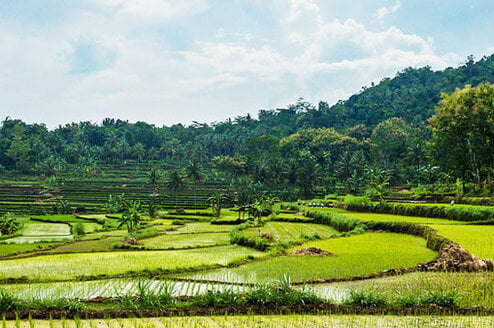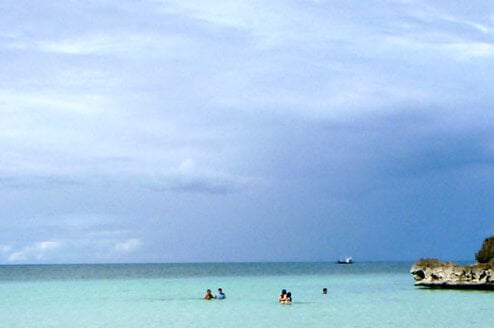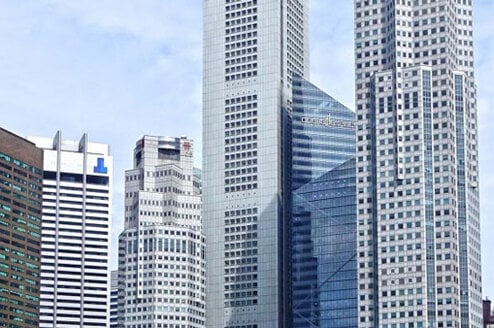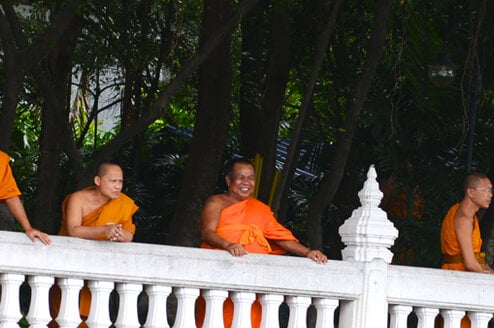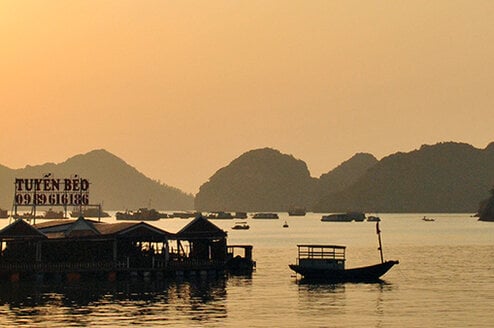Internships in Malaysia
Looking for an internship both foreign and familiar? From the metropolitan melting pot of the capital, Kuala Lumpur, to the tantalizing tropics of islands like Tioman, there are many ways to experience Malaysia. This Southeast Asian country is a popular destination for its distinct fusion of three rich cultures: Malay, Chinese, and Indian.
The perfect mix of tradition and the modern world, Malaysia is the intersection for a truly unique and diverse cultural experience. Designer stores and monorail transportation line the burgeoning skyline of Kuala Lumpur, while an extravagant Hindu temple is preserved on the outskirts of the city at Batu Caves. For adventures near Malaysia, a weekend trip to Thailand or Indonesia is just one discounted flight away through the thrifty Air Asia line, and stylish Singapore is merely five hours by bus.
- Conservation: If you’re in tune with nature, the tropics of Malaysia will inspire you to consider a proactive internship in the conservation field. This diverse country is home to renowned reefs and rainforests, with several species to protect and study—from rhinos to tigers and sea turtles. For an adventurous and hands-on internship, travel to Malaysia’s island side, Borneo. WWF-Malaysia has a special Rhino Patrolling Unit (RPU) in Lahad Datu, Sabah. If you’re looking to combine your teaching skills with your love of wildlife in Borneo, consider joining Ecoteer’s program where you can teach English and environmental awareness. Ranging anywhere from three to seven months, this company’s internships will prepare you for marine study with scuba diving—and the food and accommodation are all included.
- Social Justice: Malaysian internships have a strong social justice focus. These popular industries promote human rights in the community, with major ties to NGOs and online media. The goal of these organizations, such as the Centre for Independent Journalism (CIJ) and Loyar Burok, is to promote freedom of expression in censored print media, especially through journalism and just law making. The independent documentary and art scene is very active, with many organizations participating in the Freedom Film Fest and Kuala Lumpur Alternative Book Fest (KLAB). Several NGOs have also advocated for clean and fair elections; the same party has been in power since the country’s independence in 1957. If Malaysia truly wants to be considered a democratic, first-world nation, the government must allow for freedom of expression and diversity of opinion.
When and Where to Look for an Internship:
Since the main internship industries in Malaysia involve media and activism, you will want to look for opportunities in Kuala Lumpur. This capital city is home to liberal thinkers striving for greater social change in Malaysia regarding women’s rights, LGBTQ2 rights, and freedom of expression.
Visas for Interning in Malaysia:
If you’re a resident of Canada or the United States, you may enter Malaysia on a visitor’s Visa for a stay of 90 days. For an internship visit longer than 90 days, you can travel to nearby Southeast Asian countries like Singapore and Thailand and re-enter the country. When you return, the Immigration Department will re-stamp your passport for another 90 days. Carry your passport on you at all times. It is highly recommended to purchase a money belt for all of your important belongings, as snatch thieves frequently target foreigners. Upon entry and departure, you will be electronically fingerprinted. For the full international rundown of Visa requirements, visit the site for the Ministry of Foreign Affairs, Malaysia.
Cost of Living in Malaysia:
Although Kuala Lumpur may appear to be as swanky as New York City, the cost of living is very low compared to Western countries. Meals are often cheaper to buy on the street than in the grocery, and public transport is both efficient and affordable. Including rent, you should budget around 1,000 USD per month (approximately RM 3000). Be aware of the average apartment and condo rental prices because, as a foreigner, you may be charged more. If you’re looking for a job to complement a long-term unpaid internship, you will have to contact the Malaysian Immigration Department. If your internship is shorter than two years, you should consider working and saving beforehand. For more information and specifics, visit Expat Focus.
Work Culture in Malaysia:
- Etiquette: Office etiquette is very much the same as any Western setting. Time revolves around food in Malaysia, so your co-workers may ask if you want to “makan,” which literally means to eat. It’s polite to invite your office mates for “makan,” where you can discuss life and politics at a hawker stall or kopitiam (coffee shop.)
- Language: In urban centres like Kuala Lumpur, English is the most common language next to the native dialect, Bahasa Malaysia (often referred to as “Malay”). As a former British colony, Malaysia’s education system teaches English alongside other local languages (Cantonese, Mandarin, and Tamil.)
- Networking: Kuala Lumpur is where like-minded creative and liberal minds collide. Every year around June, The Annexe Gallery at Central Market hosts the “Kuala Lumpur Alternative Book Fest” (KLAB). Here, you can network with the tight-knit community of NGOs, book publishers, artists, and enjoy various activist talks. If you love to marry activism and popular communication, be sure to network with filmmakers at Pusat KOMAS’ Freedom Film Fest in October. There are several other vibrant NGOs that support one another. Here are just a few:
- Loyar Burok: a group of lawyers who advocate for social justice and human rights
- Suara Rakyat Malaysia (SUARAM): a human rights NGO
- Centre for Independent Journalism (CIJ): an NGO focusing on media freedom, freedom of information, and freedom of expression
- Sisters in Islam: a women’s rights’ NGO rooted in Islamic teaching
Work and Labor Laws in Malaysia:
In order to work in Malaysia, you must be granted expat status. There are two preliminary requirements: minimum salary of RM 5000 and minimum employment period of 2 years.
If you qualify under these requirements, consult the Guidebook on the Employment of Expats Who Want to Work in Malaysia.

